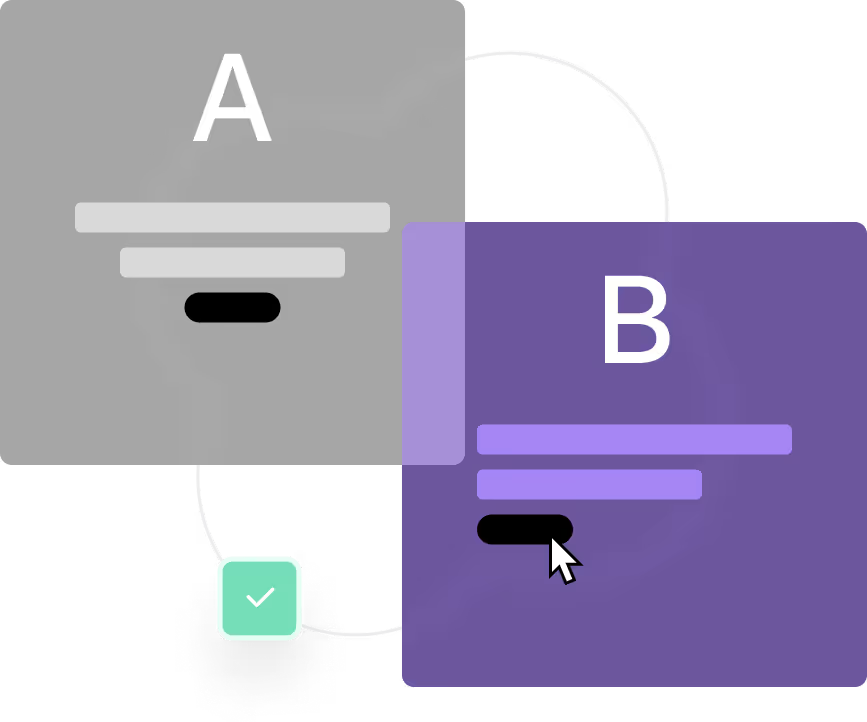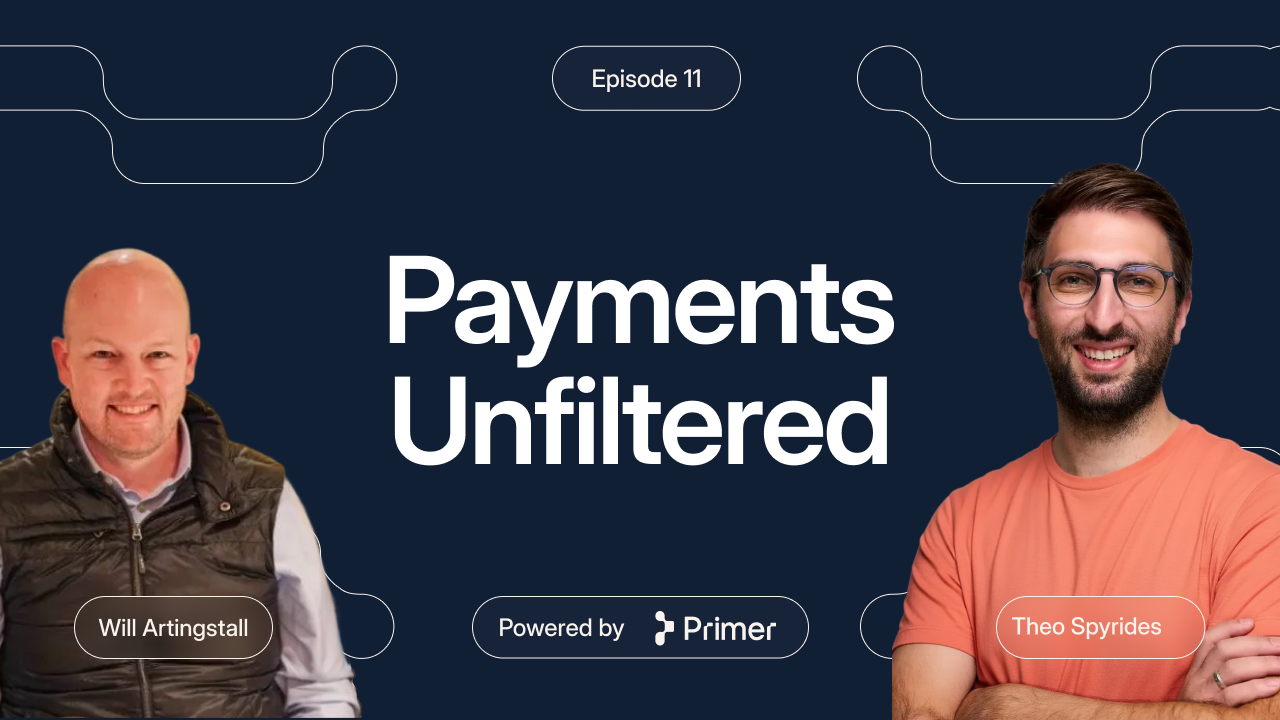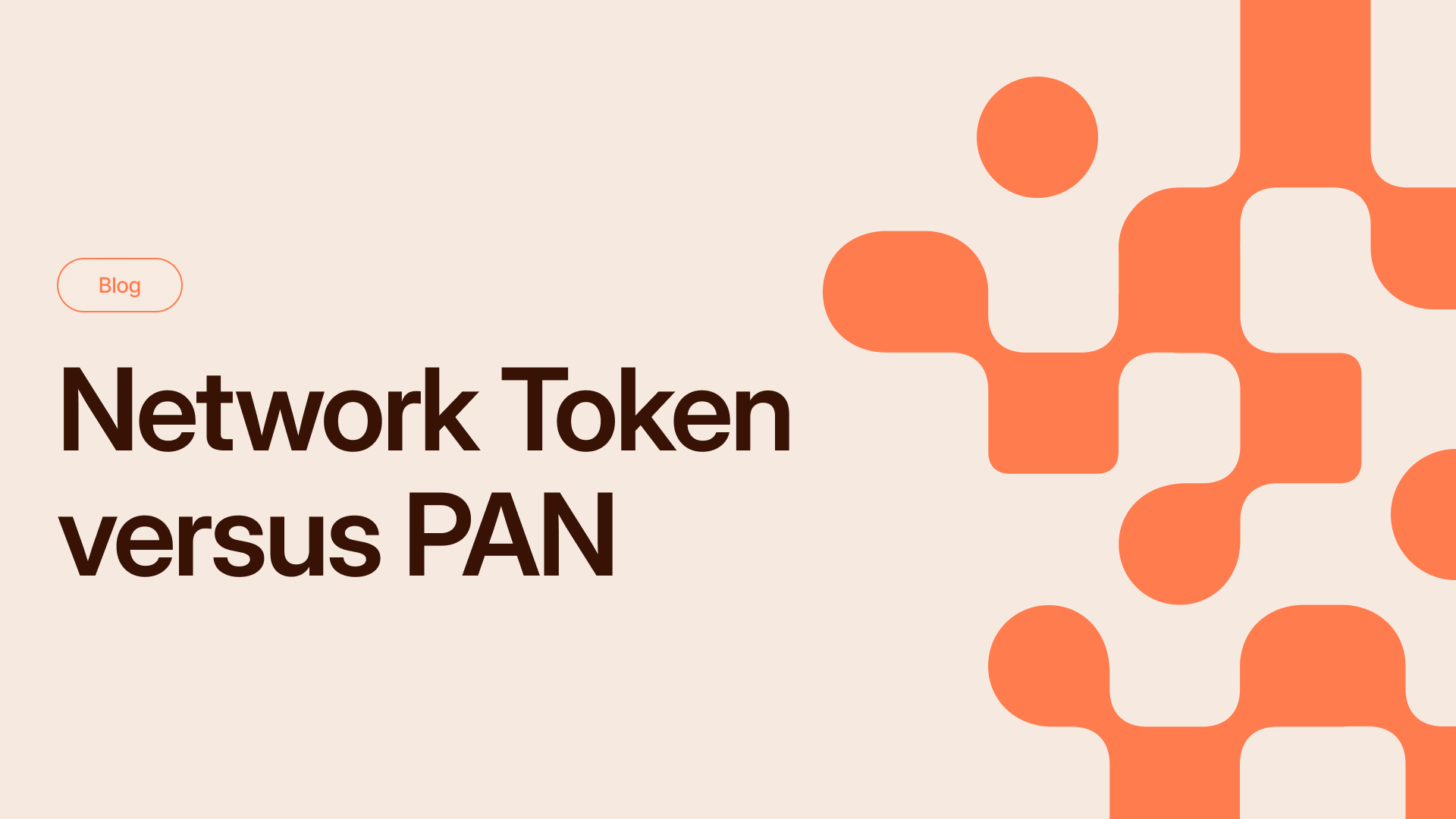I recently spoke with someone new to the payments industry about their first few months on the job. They shared a lot of experiences, both positive and negative, but one comment really stood out: "learning payments is like learning a new language."
They’re absolutely right.
Those of us seasoned in the industry are fluent in the language of payments. We know our MOTO from our CIT and our PSD.
But for newcomers, especially on the merchant side, where payments aren't their core business, the learning curve is incredibly steep.
The more I thought about this, the steeper that learning curve became.
If payments were really a language, it would have multiple dialects. Just look at how different payment service providers (PSPs) refer to making a payment in their documentation, for example. Stripe calls it a "payment intent," Adyen calls it a "transaction," and Checkout.com calls it a "payment."
Confusing, right? And that’s just the basics. Dive deeper, and the complexity only intensifies.
Standardizing the language of payments
This lack of standardization is the root cause of so many of the challenges we speak with merchants about. Merchants must learn the language of payments and the dialects and nuances of each provider they use. Oh, and then they probably need to translate this into a language that their internal systems understand.
Frankly, it doesn’t make sense. Think about it like this: You don’t need to understand how every component of a car works; you just need to know how to drive it.
That's our approach to payments. We've built an abstraction layer so businesses using Primer don't need to grasp the intricacies of each service; they just need to know how to use Primer.
.gif)
Here are some examples.
Adding new payment services
Many businesses now realize they can't rely on a single PSP globally and need local PSPs in specific markets to lower costs and boost performance. However, integrating these PSPs can be a nightmare. We've heard countless stories of merchants taking six months just to activate a new PSP.
With Primer, what takes months can happen in days, if not hours. Our 100+ pre-built integrations mean merchants don't have to stress about the intricacies of different PSPs. They only need to know how to use Primer, and we've made that process as simple and standardized as possible.
Declining certain card types
Imagine you're in an industry where customers can't top up their funds using credit cards. Typically, you'd need to get access to a Bank Identification Number (BIN) service to identify all the credit card BIN numbers used in that market. Then, you'd build complex logic, often across multiple PSPs, to block payments from these BINs.
It’s a massive and complex job. We know because we work with leading gaming companies like Dabble, who've tackled this issue.
With Primer, all that complexity is eliminated. We've mapped and standardized all the data points, translating them into direct attributes like "credit" or "debit." Blocking specific card types in Primer can be done in just a few minutes, compared to the weeks it would take otherwise.

Analyzing payments data
Each PSP uses different reporting methods and data standards, making it difficult for merchants to compare the performance of their PSPs accurately.
With Primer, that analysis is effortless. Our infrastructure ingests data from PSPs, maps it to create a unified data language, and displays the merchant’s payment performance through various charts and graphs. Merchants can cut and splice this data however they want.
By unifying this data, we enable businesses to achieve the holy grail: a complete and standardized view of their payments across all methods and processors.
Take a look at our Observability platform to learn more.
Making payments accessible to everyone
By abstracting all this complexity at every stage of the payment lifecycle, we’re lowering the barriers to entry, allowing even individuals with limited payment knowledge to build complex payment flows and conditioning logic that meet their business needs without the need to call on engineering resources.
Basically, we’ve built a car, and it’s ready to drive.
As Lucas Quinio, Head of Payments at European retail giant Conforama, sums up: “Most payment solutions aren't very user-friendly—you need to have a deep understanding of payments to have any chance of using them. Primer breaks that mold."
Want to learn more? Get in touch. We’d love to show you how it all works.




.png)
